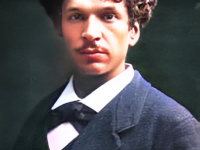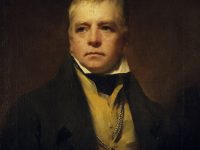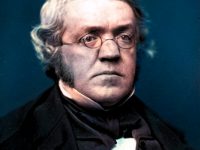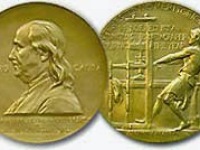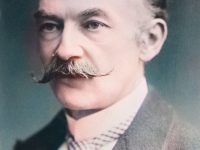The Unfortunate Inventions of Charles Cros
On October 1, 1842, French poet and inventor Charles Cros was born. He developed various improved methods of photography including an early color photo process. He also invented improvements in telegraph and paleophone technology. But lacking financial resources, he was unable to patent his devices before Thomas Edison and others developed the idea and started production. From the Telegraph to Color Photography Émile-Hortensius-Charles Cros was born in Fabrezan, Aude, France, 35km to the…
Read more

